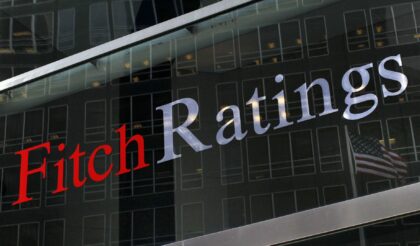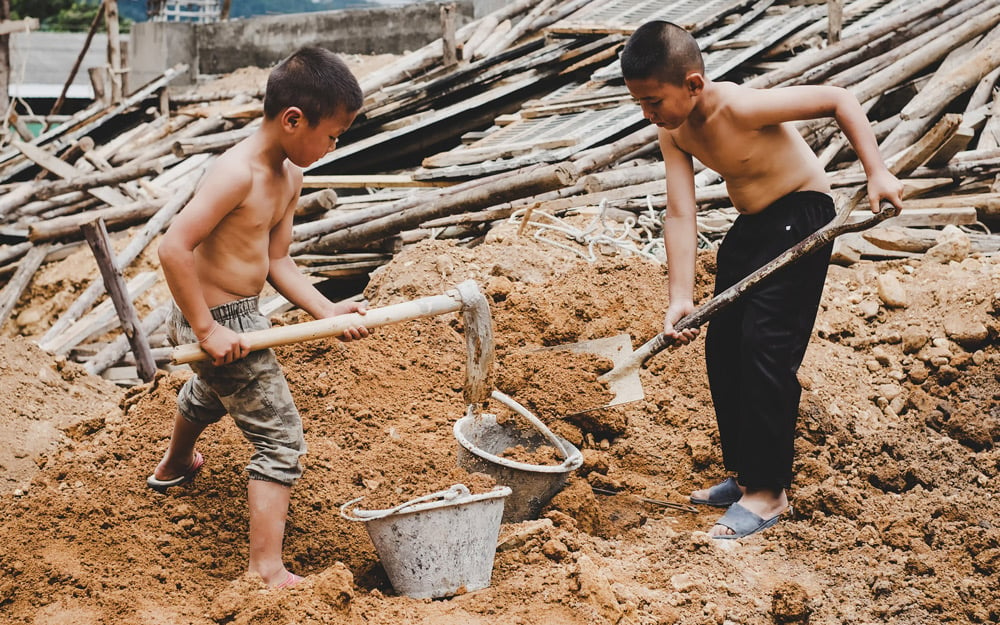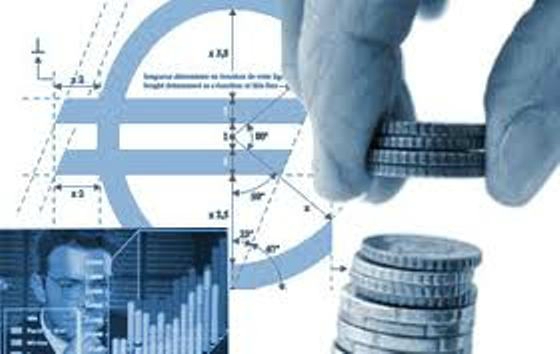 Despite the coronavirus crisis impact, Morocco maintains macroeconomic stability, low inflation and a relatively comfortable level of foreign exchange reserves that act as external liquidity buffers, Fitch Ratings said.
Despite the coronavirus crisis impact, Morocco maintains macroeconomic stability, low inflation and a relatively comfortable level of foreign exchange reserves that act as external liquidity buffers, Fitch Ratings said.
The agency affirmed Morocco’s long-term foreign-currency issuer default rating at ‘BB+’ with a Stable Outlook.
Fitch Ratings however expects the government’s budget deficit to stand at 7.1% of GDP this year from 7.7% in 2020, citing plans to improve the delivery of social services and expand social benefits alongside an only modest recovery in tax revenue, lower grants and continued spending pressures from the pandemic.
The agency also sees government debt at 68.8% of GDP in 2021 and 70.5% in 2022 from 66.8% in 2020, noting that around 76% of government debt was local currency denominated at end-2020, limiting exchange rate risks for sovereign debt.
On banks, the agency throw light on the risk from the concentration of the loan portfolio and regional expansion of banks on the back of the pandemic impact. Though, bank solvency remains manageable excluding material sovereign support to banks over the coming two years.
The key tourism sector (6.7% of GDP in average annual gross current account receipts in 2017-2019) will remain depressed in 2021, it said.
“External resilience is also underpinned by Morocco’s fairly comfortable foreign reserves and improved exchange-rate flexibility. We forecast foreign reserves to increase slowly in 2021 and 2022 after shooting up to $32.2 billion at end-2020 from $25.3 billion in 2019,” it said.



